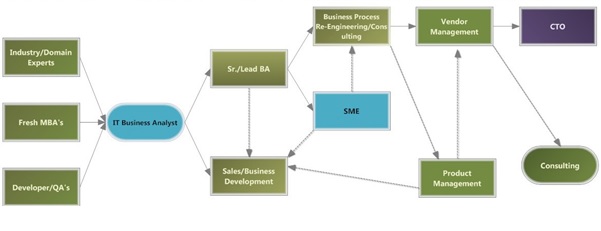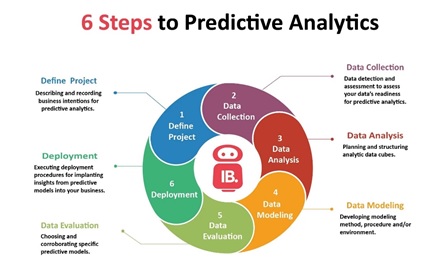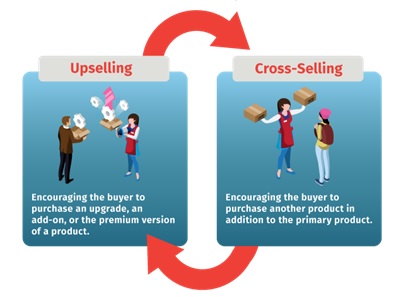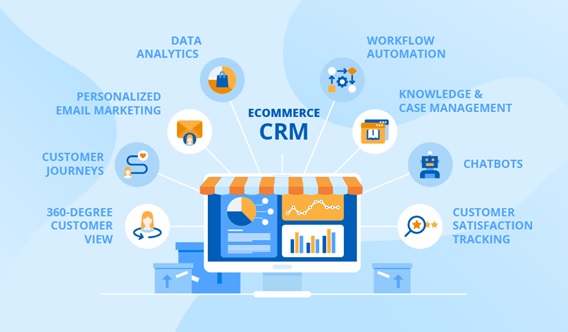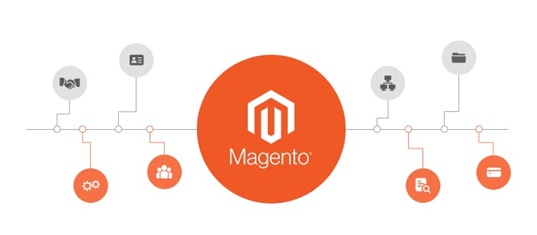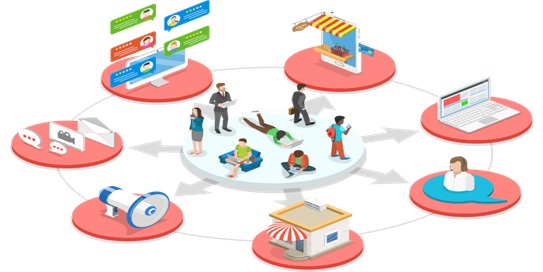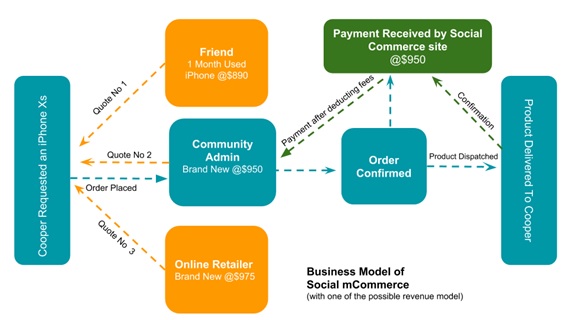Cloud Business Intelligence
Cloud Business Intelligence (BI) applications are hosted on a virtual network, such as the internet. They are used to provide organizations access to BI-related data such as dashboards, KPIs and other business analytics. Enterprises are increasingly turning to cloud-based tools, like Customer Relationship Management (CRM) applications (Salesforce), online file collaboration and storage (Dropbox, Box) and help desk software (UserVoice, Zendesk). This trend includes business intelligence tools embracing the agility and accessibility of the Cloud.
Benefits of Cloud Business Intelligence
Cloud Business Intelligence solutions are gradually gaining popularity amongst the businesses, as most of the businesses have realized the benefits of data analytics. Businesses are in need of quality insights that are driven [1] by accurate data. The SaaS providers serve the primary interfacing to the business user community, and the concept of Cloud Business Intelligence refers to the delivery of BI capabilities as a service.
- Cost Efficiency: In the case of cloud, the companies don’t need a budget for large and an up-front purchase regarding the software packages. The companies treat BI infrastructure as a service and pay only for the computing resources that are needed, and costly asset acquisition is avoided, thus, maintaining a reduced entry threshold barrier.
- Flexibility and Scalability: The Cloud Business Intelligence solutions have been allowing greater flexibility that can be altered quickly, giving the technical users to access newer data sources by carrying out experimentation with the analytics model.Also, the Cloud resources can automatically and rapidly carry out the scaling in and out by supporting a large number of simultaneous users. Thus, customers can easily increase software usage without any delay in deploying the installation of extra hardware and software.
- Reliability: Reliability can be improved through the usage of multiple redundant sites, providing reliability and secure the data storage locations. These resources can be spread across several users, making the Cloud Computing an apt option for disaster recovery and business continuity.
- Enhanced Data Sharing: Cloud computing applications tend to allow data access to be shared remotely and enable an easy cross-location sharing of data capabilities. These are usually deployed by the internet, and it remains outside the company’s firewall.
- No Expenditure of Capital: A low TCO or total cost of ownership is one of the key benefits of the Cloud model. With the help of the cloud, companies only pay for a service that is actually used. Under this policy, Cloud Computing allows the companies to have better control over the CAPEX and the OPEX that is associated with the non-core activities.
Key Advantages of Cloud Business Intelligence
Cloud Business Intelligence offers some significant advantages over on-premise applications. Some of them are mentioned here:
- Cost Effective: In the case of Cloud Computing, businesses do not require a large-scale, up-front hardware and software acquisition budget. Companies regard BI infrastructure as a service, paying only for the computing resources they require, avoiding the costs of asset acquisition and maintaining a lower entry barrier.
- Scalability of Deployment: Cloud Business Intelligence solutions have given technical users immense flexibility that can be adjusted fast, allowing them to access additional data and processing resources while experimenting with the analytics model. Furthermore, by enabling a large number of concurrent users, Cloud resources may seamlessly and quickly scale in and out. Customers can easily expand software consumption without having to wait for additional hardware or software to be installed.
- Easier Setup and Operation: End-users find Cloud BI solutions, like other Cloud applications, simple to use and set up. As a result, IT involvement and expenditures are decreased. Users can easily deploy [2] a cloud BI solution using internet-based software instead of waiting for overworked IT professionals to arrive.
- Reduced Overhead Expenditure: One of the main advantages of the Cloud model is its cheap TCO [Total Cost of Ownership]. Companies can use the cloud to only pay for services that are actually used. Cloud Computing, as a result of this approach, allows businesses to better regulate the CAPEX and OPEX associated with non-core activities. The number of on-site servers and employees required to operate day-to-day operations is reduced with Cloud solutions. Expenses that were previously allocated to IT can now be applied to other areas of the business.
- Advanced Data Sharing: Cloud computing apps allow data to be accessed and shared remotely, as well as across locations in a seamless manner. These are typically deployed over the Internet, and they remain outside the company’s firewall.
- Improved Reliability: The use of numerous redundant sites can improve reliability by offering reliable and secure figure1 shows below.

Figure 1. Cloud business intelligence
References:
- https://www.klipfolio.com/resources/articles/what-is-cloud-business-intelligence
- https://hevodata.com/learn/cloud-business-intelligence
Cite this article:
S. Nandhinidwaraka (2021) Cloud Business Intelligence, AnaTechMaz, pp. 11


